.jpg)
Dec 18, 2022 · Yellow Pvdf Syringe Filters. Yellow PVDF syringe filters are used in the filtration of aqueous and organic solutions. The unique hydrophobic nature of PVDF makes it an ideal filter for aqueous and organic solutions. The filter has a 0.2 micron pore size and a maximum operating temperature of 150 degrees C. The filter is also autoclavable.
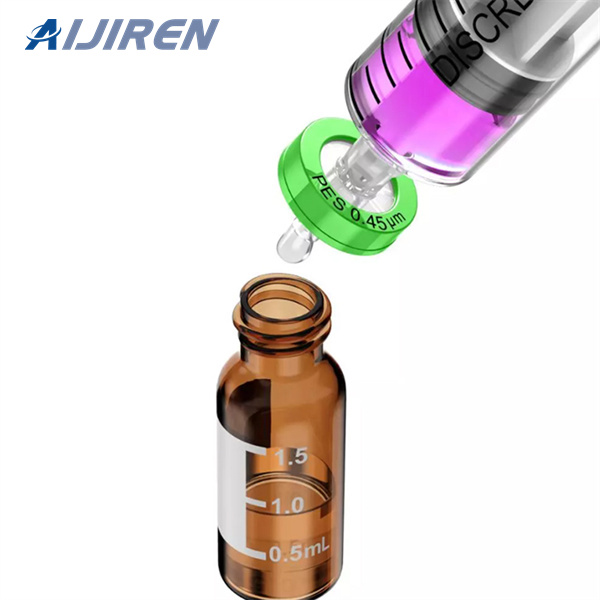
Description Specifications Description For removing particulates, reducing signal-to-noise ratios and maintaining flat baselines Overview of Non-Sterile Millex™ Syringe Filters with Durapore™ (PVDF) Membrane Low protein binding to minimize interaction with your sample and maximize recovery Compatible with aqueous and mild organic solutions
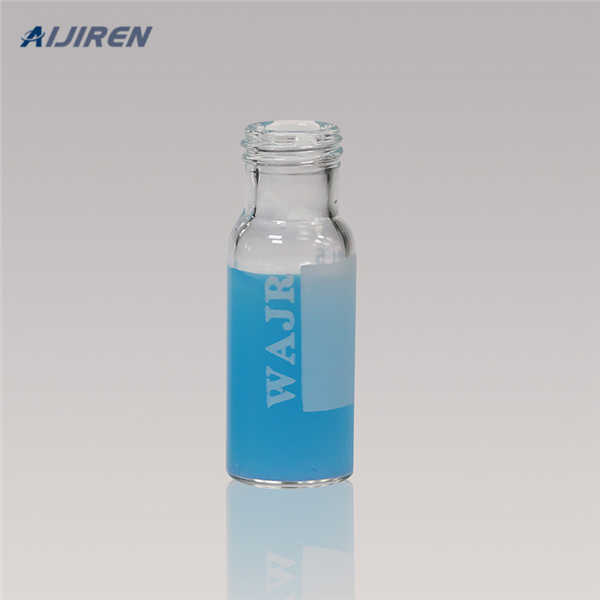
Economic Choice Syringe Filters are available in a variety of sizes and membrane types to meet any application need. Choice PVDF (Hydrophobic PVH) Syringe Filter 0.2 µm, 25 mm, 100 Pk. Choice PVDF (Hydrophobic PVH) Syringe Filter 0.45 µm, 25 mm, 100 Pk. Choice PVDF (Hydrophobic PVH) Syringe Filter 0.2 µm, 13 mm, 100 Pk.
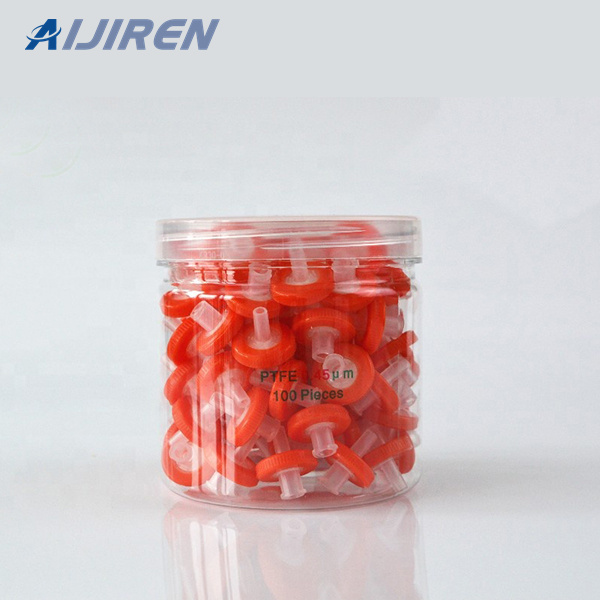
SLGVS25PS. 0.22 μm pore size syringe filter, 25 mm, hydrophobic PVDF membrane, medical device. View Pricing. Page 1 of 1. Find 0.45um pvdf syringe filters and related products for scientific research at MilliporeSigma.
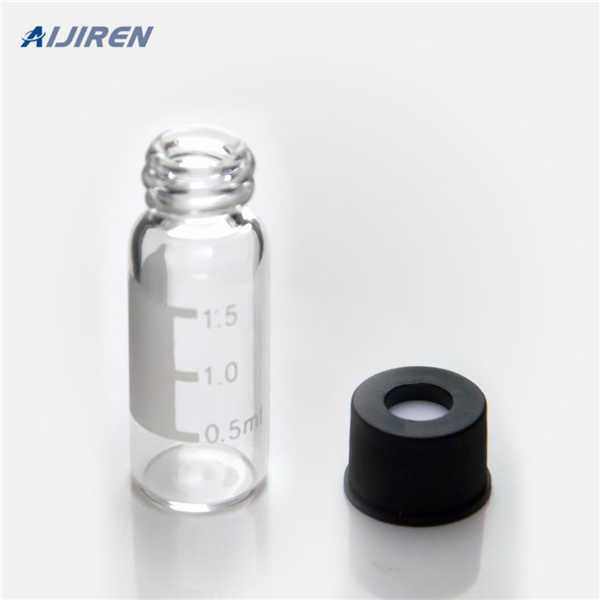
Millex. Syringe Filters. Setting the standard in small-volume filtration (1-200 mL), the unsurpassed consistency of Millex ® syringe filters in sample preparation has led to the development of many methods specifying their use. Featuring reduced sample loss due to minimal hold-up volumes, Millex ® syringe filters are ideal for use in a
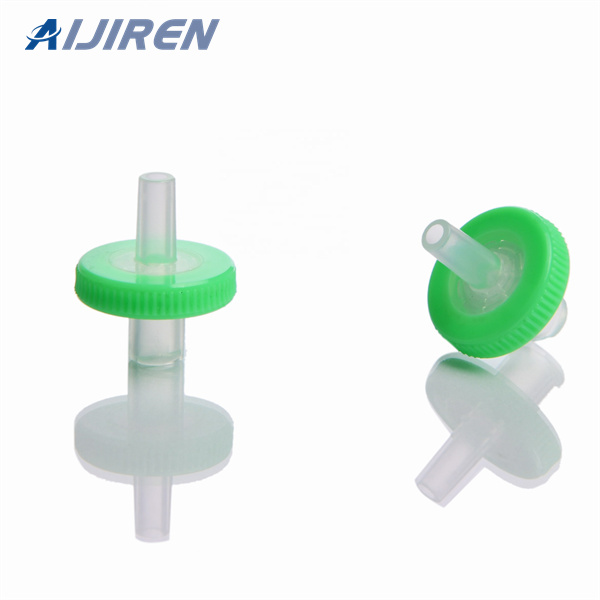
PVDF Syringe Filters. These Polyvinyl Difluoride (PVDF) syringe filters are both low protein binding and possess high flow rates. When sterilizing and clarifying biological solution filtrations, performing HPLC applications and working with aqueous samples, turn to Sterlitech’s PVDF syringe filters. PVDF small filter devices are hydrophilic
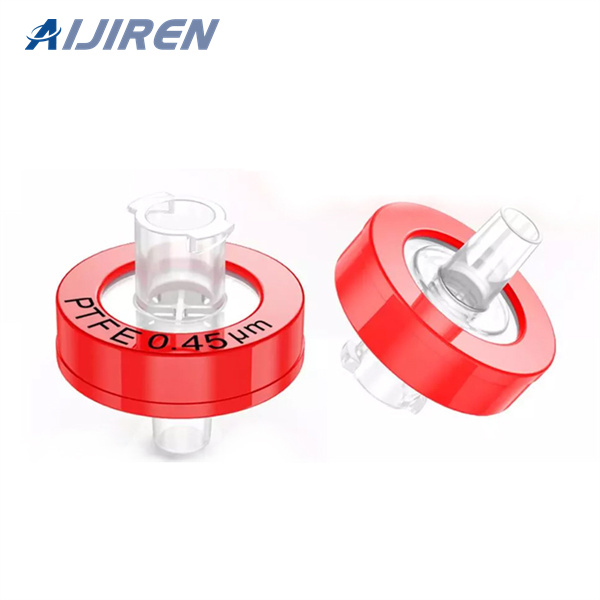
Keyword:'syringe filter pvdf 0.22 um' Showing 1-30 of 42 results for " syringe filter pvdf 0.22 um " within Products Products Building Blocks Explorer Genes Papers Technical Documents Site Content Chromatograms
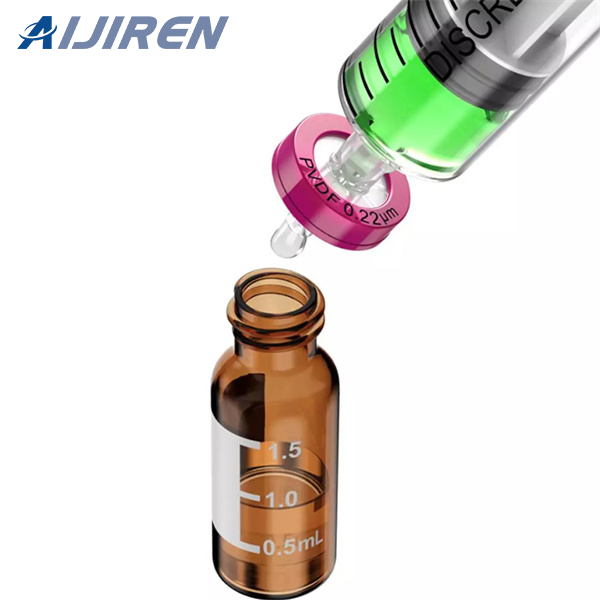
SLGV0250S: 0.22 μm pore size syringe filter, 25 mm, hydrophilic PVDF membrane, MLL outlet, medical device: Expand
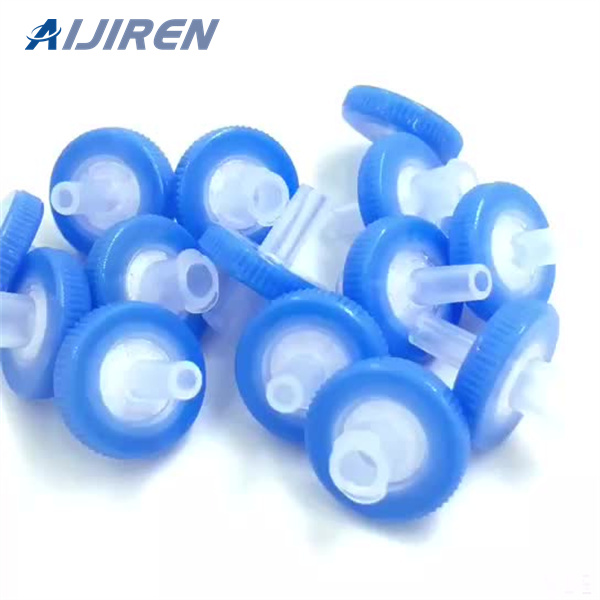
Background Information. Overview of Non-Sterile Millex® Syringe Filters with Durapore® (PVDF) Membrane. •Low protein binding to minimize interaction with your sample and maximize recovery. •Compatible with aqueous and mild organic solutions. •Available in 0.22 μm and 0.45 μm pore sizes and three diameters to suit your application needs.
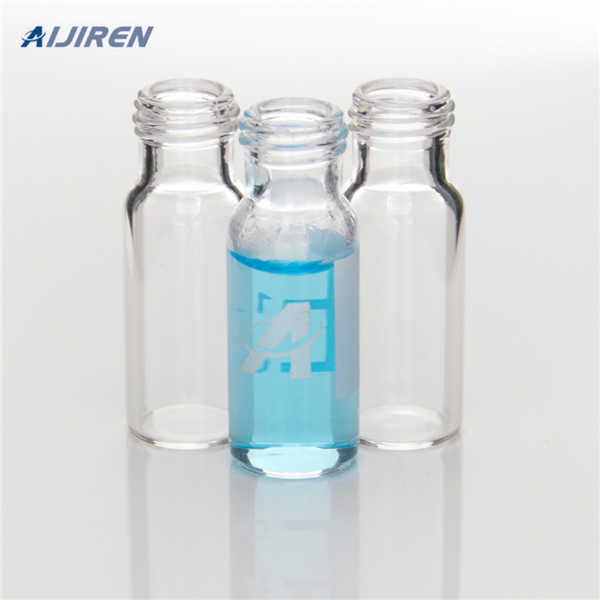
The Whatman™ GD/X sterile, Polyvinylidene Difluoride (PVDF) membrane syringe filters are designed to enable the filtration of viscous, hard-to-filter samples greater than 10 mL. Each unit contains a prefiltration stack of Whatman multigrade glass microfiber (GMF) and Glass fiber (GF/F) filters. The combination of this pre-filtration stack and
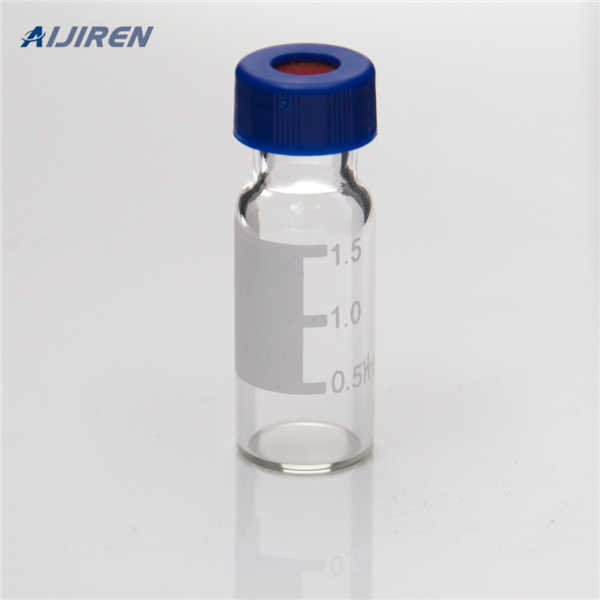
0.22 μm membrane filter for particulate-free and bacteria-free water at the point of dispense for the Alpha-Q and Milli-Q® Academic / Biocel / Element / Synthesis / Plus / Gradient systems. Expand. Hide. MPGL10ZW1. Removes bacteria from pure water before entering the analyzer., For use with AFS® systems. Expand. Hide. Match Criteria: Keyword.
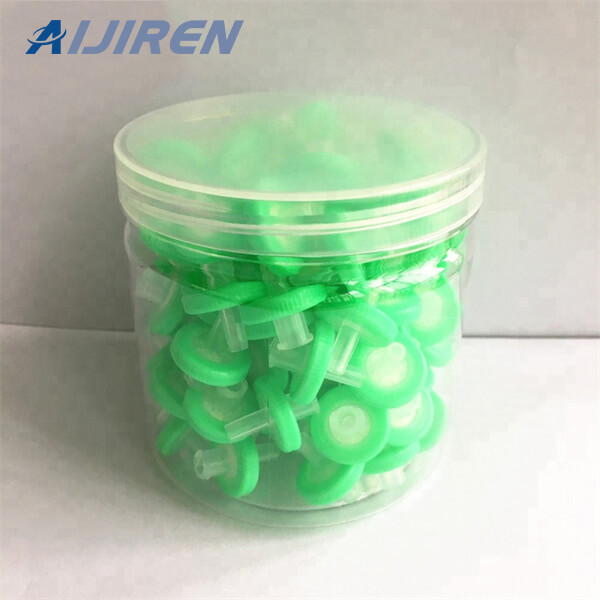
PVDF (Polyvinylidene fluoride) – extremely low protein-binding; for filtration of non-aggressive aqueous and mild organic solutions, or were maximizing protein recovery is important. PVDF Syringe Filter Features Good heat endurance and chemical stability, strong hydrophobilcity Designed with a Female Luer-Lock inlet and Male Luer-Slip outlets
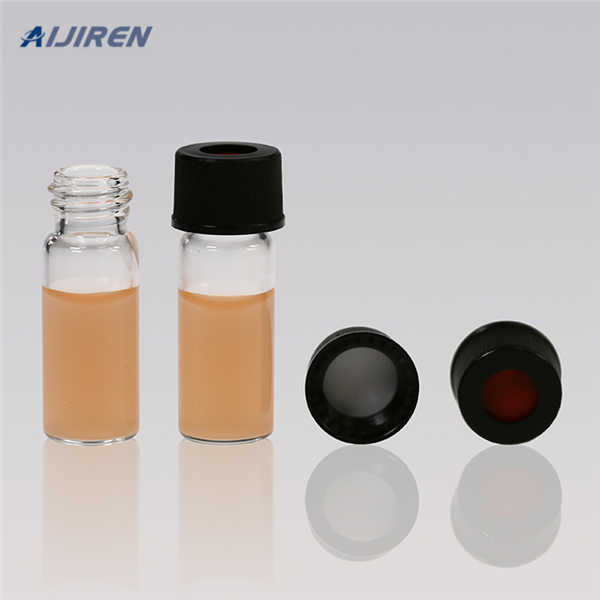
Both Titan3 and Target2 syringe filters provide high-quality filtration solutions • Sample preparation for HPLC and UHPLC analysis • Protect columns and extend column lifetimes • Low sample volume compatibility • High integrity sample preparation Operating guidance Take sample from vial Twist syringe clockwise Push sample through
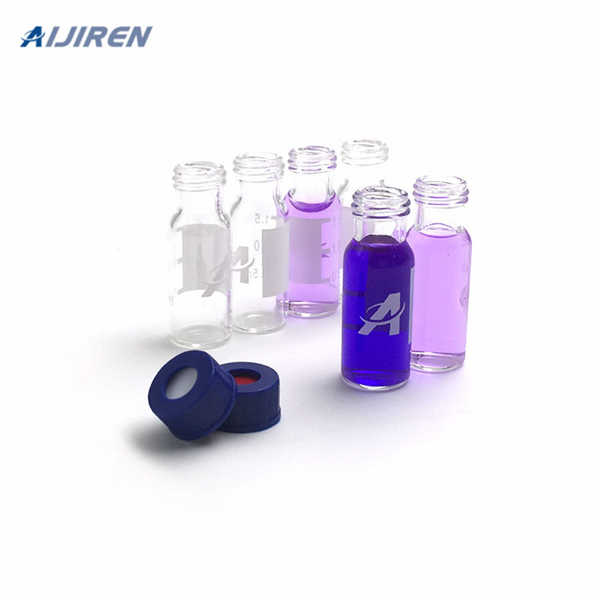
G-Biosciences. Our PVDF (polyvinylidene) membranes are pre-cut membranes for Western transfers, or Western blotting.The PVDF membranes bind biomolecules, including proteins, through hydrophobic interactions The presence of the 0.45µm pore sizes increases the surface binding area. Typical. Compare this item.